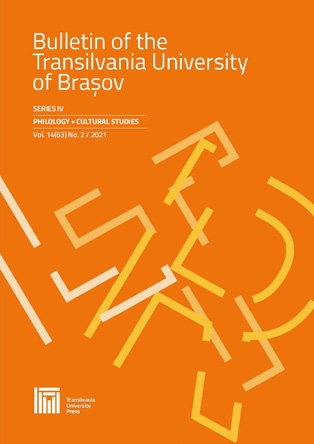Corpus-based typology analysis of abbreviations in the European Commission's Mobility related documents
Corpus-based typology analysis of abbreviations in the European Commission's Mobility related documents
Author(s): Ivo Fabijanić, Frane MalenicaSubject(s): Language studies, Language and Literature Studies, EU-Approach / EU-Accession / EU-Development
Published by: Editura Universitatii Transilvania din Brasov
Keywords: abbreviation; corpus; typology; EU; mobility; documents;
Summary/Abstract: In this paper, we provide a typological overview of abbreviations found in the corpus of Erasmus+ mobility documents, presented as an overview of the classification and taxonomic arrangement of abbreviations. The corpus was created from the texts available on the Erasmus+ website using the in-built tools of the Sketch Engine interface and it includes a representative sample of 4 million words. The abbreviations were collected using the concordance queries which enable us to retrieve lemmas written with only capital letters (e.g. OLS for ‘Online Linguistic Support’) and subsequent manual filtering. The typology is based on previous works in this field (Fabijanić: 2015; Fabijanić: 2014a, 2014b; Malenica, Fabijanić: 2013; Fabijanić, Malenica: 2013), which provided a more consistent and more transparent approach to classification of abbreviations, based on different other works and approaches (Fandrych: 2008a; Fandrych: 2008b; Harley: 2006; López Rúa: 2006; Jackson, Ze Amvela: 2005; López Rúa: 2004; Plag: 2003; Plag: 2001; Stockwell, Minkova: 2001; Crystal: 1995; Algeo: 1991; Cannon: 1989). Abbreviations are classified according to two criteria: narrower and broader sense and their differences in orthographic formation are described by the set of specific descriptors. The suggested description, classification, and analysis were previously used in examining different terminologies and are used in this work to prove their applicability and sustainability.
Journal: Bulletin of the Transilvania University of Braşov, Series IV: Philology & Cultural Studies
- Issue Year: 14/2021
- Issue No: 2
- Page Range: 49-64
- Page Count: 16
- Language: English

